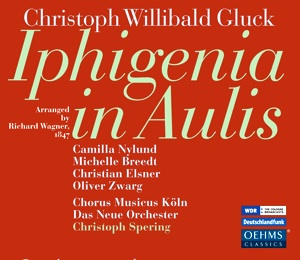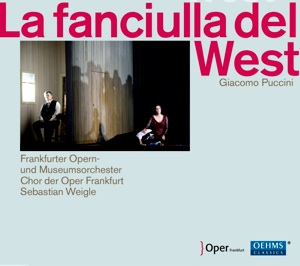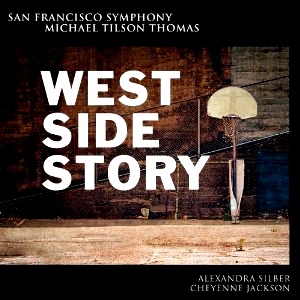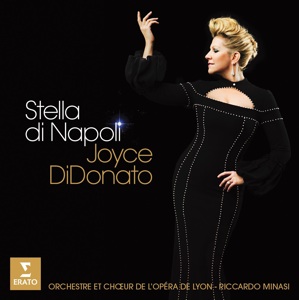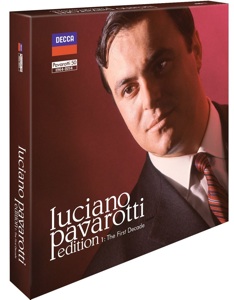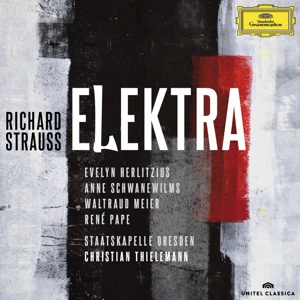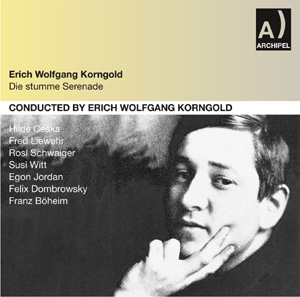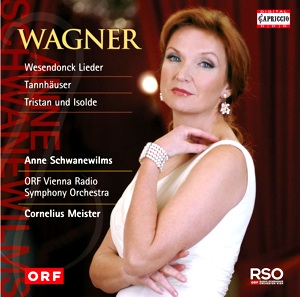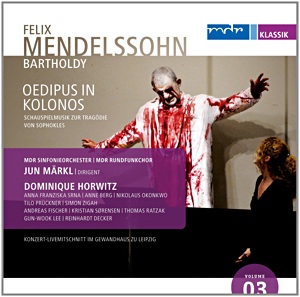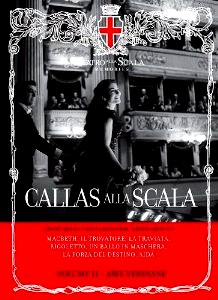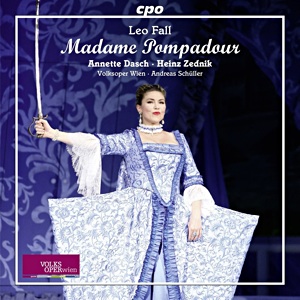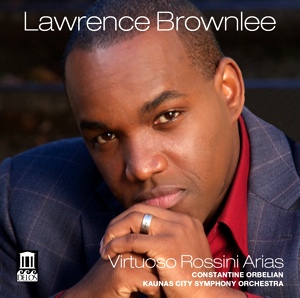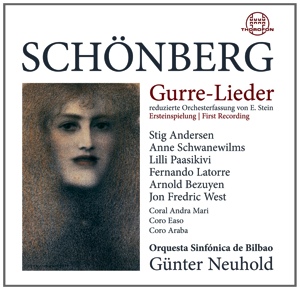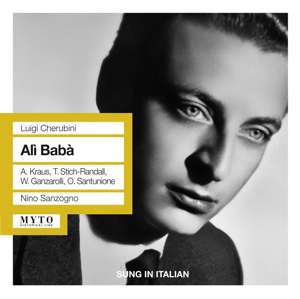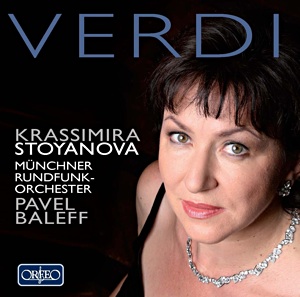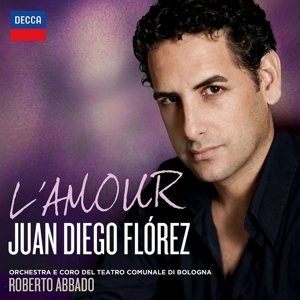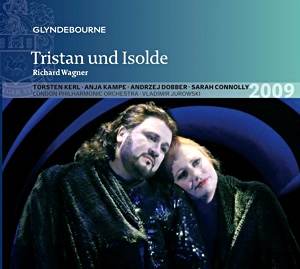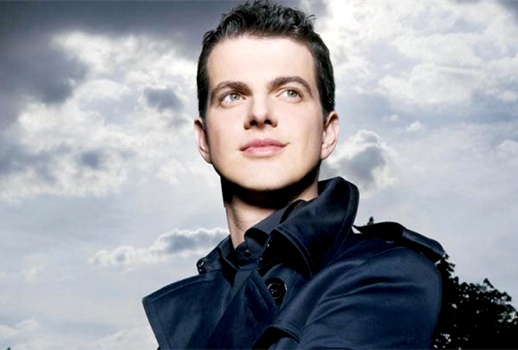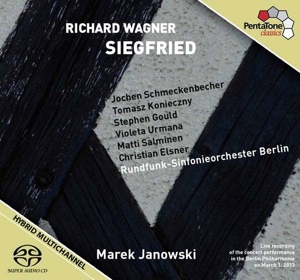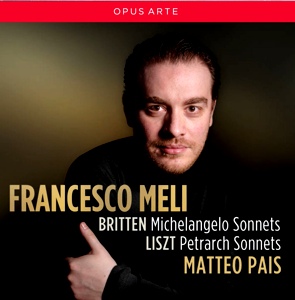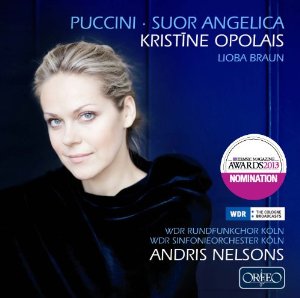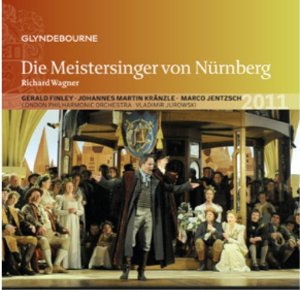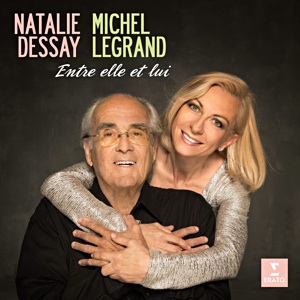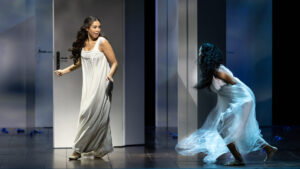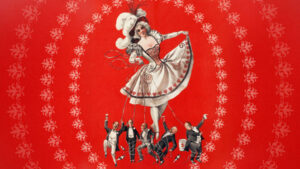
When Richard Wagner reached into the past and revised Gluck’s Iphigénie en Aulide, he went beyond the accepted boundaries of tinkering and more or less created a new work that’s fomented aesthetic debates ever since.
Giacomo Puccini’s horse-opera version of “Snow White and the Seven Dwarfs,” La Fanciulla del West, based on David Belasco’s play, The Girl of the Golden West, enjoyed the status of a curate’s egg for quite a while.
I fall on my knees before this new live recording issued by the San Francisco Symphony.
After listening to “Stella di Napoli,” her mightily impressive new CD of rare bel canto arias just released by Erato, I felt many of the old sparks reigniting.
With much laying-on of fanfares and gift boxes our friends at Decca Classics have unleashed Luciano Pavarotti Edition 1: The First Decade on a weary and satiated public.
“Conduct Salome and Elektra as if they were by Mendelssohn: Fairy music.” Seriously, how often has that happened?
Vienna never really forgave Erich Wolfgang Korngold for going to work in the movies.
Once upon a time, a man and a woman met. He could sing, she could sing. They fell in love, got married, and became a power couple to rival Billary.
To some, Anne Schwanewilms will always be the soprano in the slinky black dress who replaced Deborah Voigt at Covent Garden a decade ago.
His 75-minute setting of Oedipus in Kolonos, heard in a live 2009 performance on MDR Klassik, illustrates how Mendelssohn tried to link ancient forms with Romantic-era sensibilities by fashioning harmonically adventurous chorales and believable characters instead of abstract musical representations of mythical figures.
Once again, beloveds, we approach the Milanese shrine that simultaneously attempted to cultivate and destroy the career of Maria Meneghini Callas.
“To play La Pompadour—what a delightful task! To be La Pompadour—what a gruesome fate!”
Lawrence Brownlee’s new album Virtuoso Rossini Arias demonstrate both how far the tenore di grazia has come in the operatic world.
With orchestral and choral forces that could outnumber a small European village, Arnold Schoenberg’s Gurre-Lieder is a composition designed to overwhelm.
Perhaps there are not that many people in the world who would look at a CD cover and think “Oh, goody, goody! A libretto by Eugène Scribe I’ve never come across before!”
As someone who thinks Verdi is the greatest composer who ever lived and who feels pretty meh about Mozart, I expected to love the Verdi and be bored by the Mozart. I wasn’t far wrong.
When Norman Lebrecht is declaring on an almost daily basis that classical music is dead, it’s perhaps heartening that four of today’s prominent tenors have recently released what might be called fluff/vanity albums.
The finer performances of Tristan und Isolde have a way of sounding like a four-hour improvisation, the fruit of a single moment of inspiration that makes one forget how emotionally manipulative and painstakingly crafted the music really is.
My impossible wish would be to hear one of the great castrati who dominated opera for most of the 18th century.
Marek Janowski’s survey of Wagner operas on PentaTone so convincingly captures the pulse and dramatic flow of many of the works that the music-making at times sounds almost effortless.
Mr. Ian Rosenblatt is a London solicitor and patron of charitable causes in Britain primarily focused on classical music.
I’ve always had a fondness for Giacomo Puccini’s Suor Angelica and apparently so did he since he often referred to it as, “among the finest of my children.”
Beneath the pageantry, the paeans to German art and the self-referential allusions to the creative process, Die Meistersinger is a story about a community and human qualities like love, friendship, envy and hatred.
The crossover album: a hint that that an artist has either exhausted all the repertory at her command and owes her record label a new release or that her waning vocal resources really shouldn’t be taxed much further than an octave.
